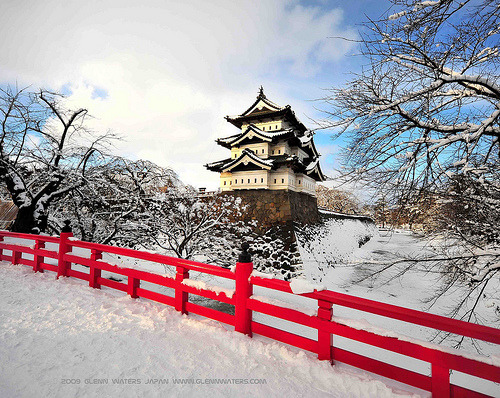The dictionary form (basic form) of all Japanese verbs end with "u" vowels. if we open dictionary, the listed word is dictonary form for verbs, noun still same, because it doesn't change when use in sentence, and is the informal or not polite, present affirmative form of the verb. This form is used among close friends and family in informal situations.
masu form, always end with masu vowels, this from not listed in the dictionary, we must change by our self, because of that we must know how to change dictionary form to masu form, or masu form to dictionary from, as we know Japanese verbs divide into 3 groups (
see here if you don't remember) for each groups have different way to change or transform in other form, see below
Group 1
erase the masu then subtite i line with ku line, for example
kakimasu, - kaki - kaku - write
nomimasu , - nomi - nomu - drink
hairimasu, - hairi - hairu - enter
kaerimasu, - kaeri - kaeru - go home
isogimasu, - isogi - isogu - rush
hatarakimasu, - hataraki - hataraku - working
arukimasu, - aruki - aruku - walking
Group 2
the step is same, first erase the masu from, then give ru at the end of words, see example below :
tabemasu - tabe - taberu - eating
abimasu - abi - abiru - take a shower
demasu - de - deru - go out, out
hajimemasu - hajime - hajimeru - begin
kakemasu - kake - kakeru - using ( a glass)
kaemasu - kae - kaeru - to change
wasuremasu - wasure - wasureru - forget
the characteristic of Group 2 is almost the verb before masu have e vowels or e line in hiragana charts
Group 3
this groups is easies berween thow groups before, you just need to replace masu with ru, for example :
shimasu - suru - doing
benkyou shimasu - benkyou suru - studying
sanpo shimasu - sanpo suru - playing around
kekkon shimasu - kekkon suru - get married
shokuji shimasu - shokuji suru - eating ( dinner)
i recommended you download wakan , a free japanned dictonary for your PC














